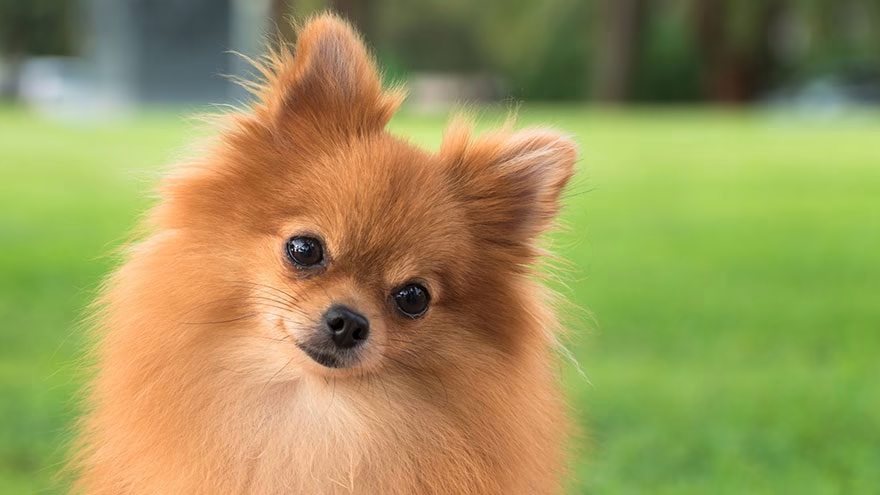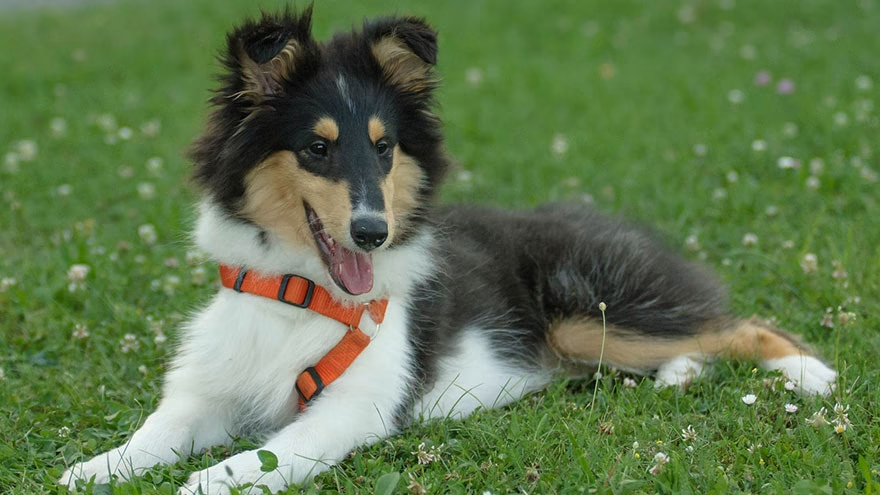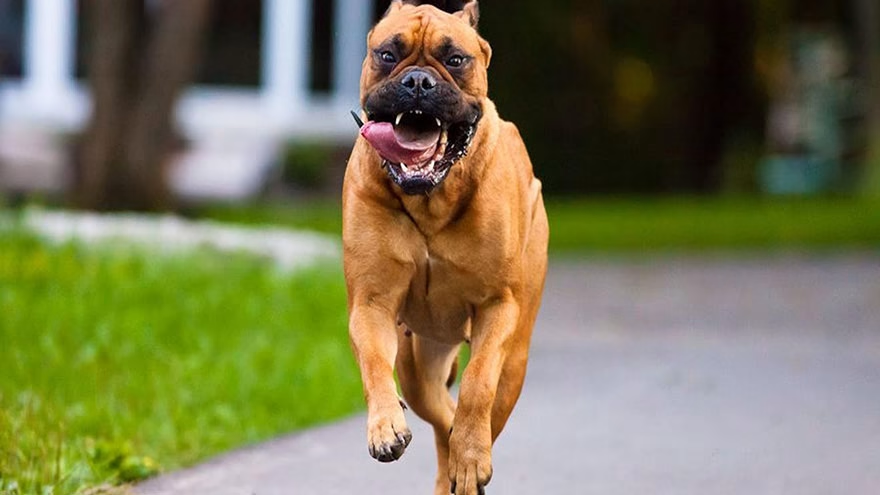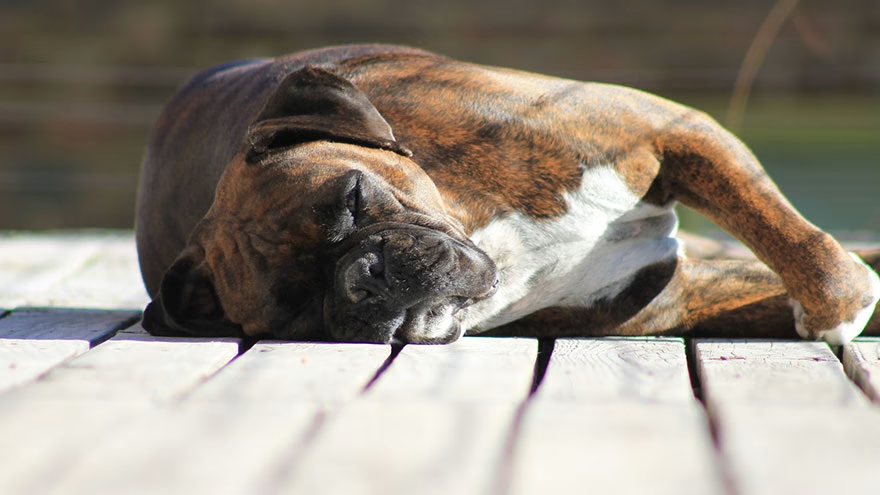With the opportunity to exercise and run about, even in a small space, most Pomeranian owners find that they have few real health problems with their pet.
Health Problems İn The Pomeranian
There are a few areas that owners of a Pomeranian puppy will want to give a little extra effort to. These include a proper diet, attention to the eyes and ears, and talking at length with the breeder about several genetic health conditions with the Pomeranian.Many breeders and experienced Pomeranian owners have gone to a fresh food diet for their dogs or to choosing only the highest quality commercial foods. The best place to start for a new owner may be to discuss what the puppies have been fed while with the breeder and continuing this diet.
It is important to know as much as possible about the contents of commercial foods. Many dog breeders and experienced owners have discovered that their dogs can develop breathing problems and skin problems owing to of the high grain content of cheaper bagged foods. Dogs may be allergic to excessive amounts of corn, wheat or soy and these grains often make up the bulk of dry, less-expensive foods.
Pomeranians may be prone to a condition called dislocated patella or to luxating patella, in which the kneecap moves from its normal location. One veterinarian reports that he witnessed a small dog running across the yard chasing a ball, then suddenly pulling up with one of its hind legs held off the ground.

As it turns out, this was just one of the dogs veterinarians look at that have suffered a dislocated kneecap. Basically, the kneecap is held in place by grooves in the bone and when these grooves are not properly developed from birth, the dog may be at risk for luxating patella. Small dogs and toy dogs are at risk for this condition.
A good breeder should be aware of this tendency and may not want to breed dogs with dislocated kneecap in their family history.
Eye problems are another area in which Pomeranians sometimes develop problems. Eye problems can be caused by trauma or injury, as well as by some diseases, such as glaucoma. Pomeranians are often included on lists of breeds that may suffer from progressive retinal atrophy, an eye disease that starts with limited night vision.
If the disease progresses fully, it can cause blindness. This condition is hereditary, so it would be best to discuss this with a breeder as you look for your puppy.
You may also want to ask the breeder if you can see both parents of the puppy you are looking at. One of the reasons may be a somewhat rare condition called Severe Hair Loss Syndrome or Black Skin Disease. This usually occurs in males of the breed.
The young dog may have a thick, healthy coat as a puppy but there are not “guard” hairs and shedding is not as heavy as other Pomeranians. When the coat does shed, sometimes it does not grow back. In other cases, the adult dog gradually sheds hair that does not grow back.
Other health conditions you may want to watch for with your Pomeranian are hypothyroidism (low thyroid) and collapsing trachea. Both have been found with some regularity in Pomeranians. Some Pomeranians will make coughing or “honking” noises when they have a trachea problem.
The Orthopedic Foundation for Animals maintains a registry for dogs with hypothyroidism in the bloodlines. Talk with your breeder about these conditions and consult with your veterinarian if you suspect any problems.
Read More About Pomeranian
- Pomeranian Breed Information
- Pomeranian : 10 Most Common Questions
- Pomeranian Training Guide
- Owning a Pomeranian : Breeder Recommendations
Save for later
Found this helpful?
Pin this article to your Pinterest board and come back to it whenever you need a reminder.
Save to Pinterest


